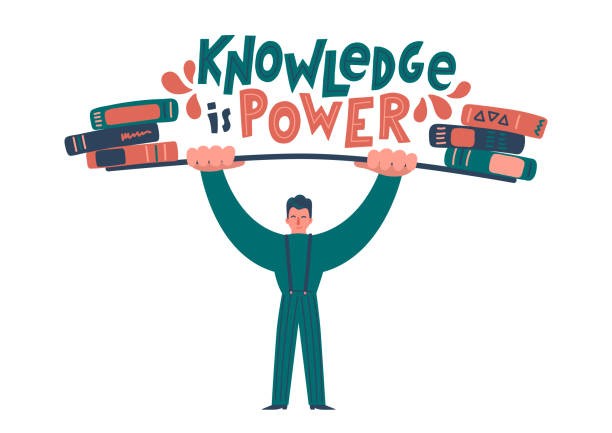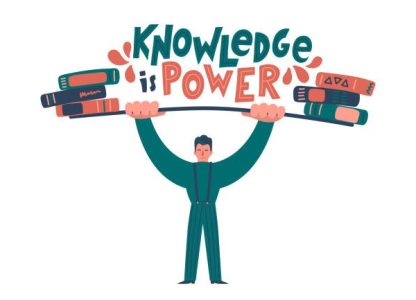Knowing stuff makes learning new stuff easier. Does more knowing stuff have the same impact on comprehending? That is being able to not only understand, but have the “spare capacity to explore the significance, intricacies, interrelationships and implications of what you understand.” I expect it will. What we do know, is that knowing stuff improved your reading score – substantially, if less so maths and science.
The results of a long-term RCT study conducted by University of Virginia researchers show that a “Core Knowledge curriculum” improved pupils’ cumulative, long-term reading test scores by approximately 16 percentile points. Those 16 percentile points would represent a meaning shift for any pupil school or education system. You may be familiar with the curriculum or with the work of E.D. Hirsch, founder of the Core Knowledge Foundation.
Study summary
Six-year study. 2,310 pupils applied to attend one of nine charter schools (mostly the pupils where from middle and high-income families). 688 pupils were selected and compared to unselected pupils who attended school elsewhere.
Outcome measures – the Colorado state-wide PARCC (Partnership for Assessment of Readiness for College and Careers) tests for English Language Arts and Math collected yearly from third through sixth grades. Scores from a state science test (designed by CTB/McGraw-Hill and administered only in grade 5) were also assessed. Not that I am familiar with these tests and the researchers did hint at the limitations of using standardised test scores as the primary outcome measure.
These results contribute to the ongoing debate about the role of knowledge in learning. As a teacher I am still seeking a better understanding as to the mechanisms through which general knowledge impacts academic attainment and achievement. From my own classroom I would speculate:
- Broader knowleadge = better understanding: Existing knowledge provides a framework for interpreting new information. Knowledge is sticky. You can connect ideas, draw inferences, and identify thematic threads more easily.
- Part of knowledge is vocabulary: More words, helps you acquire even more words. These are the words with which we think. Knowledge helps you decode / contextualise and acquire unfamiliar words.
- Critical thinking: A broader knowledge base allows you to comprehend, to evaluate and to form lines of enquiry.
- Confidence, motivation and engagement: Familiarity makes learning more accessible. You must first be willing to reach before you can grasp.



